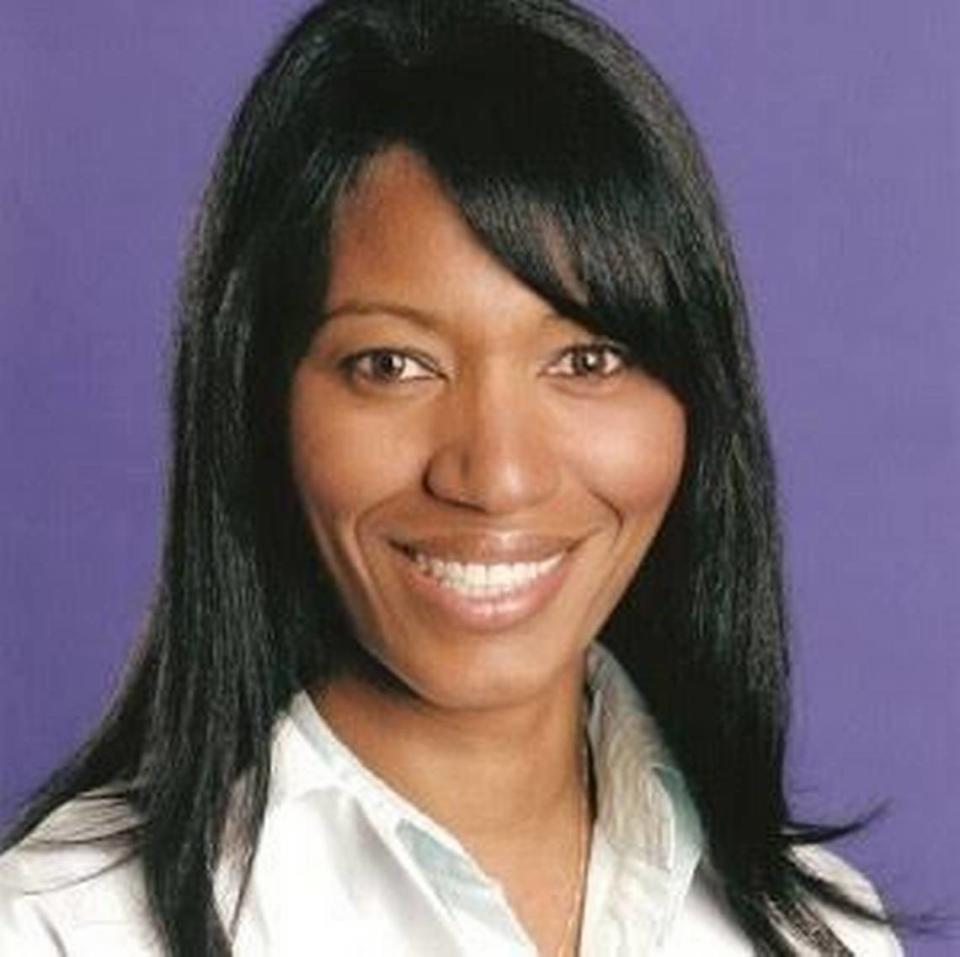The doctor’s office is the perfect place to ensure all 300 million of us get vaccinated for COVID-19 | Opinion
There is one road back to a normal American economy and society, back, at least, to the way things were. We have to vaccinate a large majority of Americans as soon as possible. About 30 million doses of the Pfizer and Moderna vaccines have been distributed, but only 10 million have made it into our arms. Far fewer have received the mandatory second shot.
How are we as a nation going to do this when we clearly lack the public-health infrastructure necessary to vaccinate the next 300 million citizens?
There have been admirable, and even heroic, efforts. Hospitals — public and private — have labored mightily to do their part, rightfully focusing first on the caregivers. The stadium-style approaches have had limited success, as have chronically underfunded and underappreciated public-health departments. But 10 million given, with another 300 million to go? The physical and economic health of our nation depends on our putting every bit of our communal knowledge and experience into this effort.
First, we must acknowledge that vaccine hesitancy exists, from the Black community’s historical memory of medical experimentation and current racial health disparities to the anti-vaxxer narratives circulating on social media that continue to sow seeds of doubt. And then there are the poor folks who have gotten twisted up in the arguments between science and politics.
Whom can a patient trust?
President-elect Biden announced a $20 billion allocation to push forward with the goal of administering 100 million vaccines in 100 days. The mechanism to accomplish this task — a national emergency — is not clear. In the Navy, there is a call to action in times of crisis, when the ship is under attack and in trouble: All hands on deck.
We need all hands (and arms) on deck to defeat this enemy. We need trusted, familiar, accessible, clinically appropriate brick-and-mortar locations in every big city and small town staffed with qualified and experienced inoculators. We need to focus on the goal of herd immunity.
The very good news is that a massive network already exists: our doctors’ offices.
Each and every year, Americans visit their doctors’ offices nearly 1 billion times. Doctors’ offices are in almost every place in the United States and are proportionally distributed based on patient population. It’s not a perfect distribution network, but close enough. The most vulnerable populations, senior citizens and those with co-morbidities, are also the most frequent visitors to doctors’ offices. If you have a doctor, you know how to get there, where to park or be dropped off and picked up, and how to make an appointment.
As important, doctors and nurses are the most trusted members of our society, ranked No. 1 and No. 2, according to the 2020 Gallup poll on most trusted professions. Patients trust their doctors, their nurses and their medical assistants who regularly care for them. Who better to help overcome vaccine reluctance than the cardiologist who has kept you alive for years or the pulmonologist who keeps you breathing, or your family doctor or nurse practitioner in whom you confide?
The decentralized approach comes with logistical challenges. How do you get vaccines to 230,000 doctors’ offices from sea to shining sea? That solution also already exists, too, with skilled and trained clinical and distribution experts, i.e. the army of domestic pharmaceutical sales representatives who number more than 80,000. They know the offices and have a professional relationship with the staff. They can be deployed nationwide, as they were pre-pandemic, now slightly repurposed to safely distribute the vaccines.
If there needs to be an augmented appointment system, one of the top IT health care scheduling companies, Zocdoc, has just launched a proprietary nationwide vaccination scheduling system which they will provide to doctors’ offices for free.
We do need all hands on deck, but we don’t need to reinvent the wheel. Let’s deploy our nation’s doctors’ offices to augment the hospitals, the stadiums, the drive-thrus, and the overwhelmed public health departments.
Wayne Brackin is president and chief executive officer of Kidz Medical Services, based in Coral Gables. Tina Carroll-Scott, M.D. is medical director of the South Miami Children’s Clinic.


